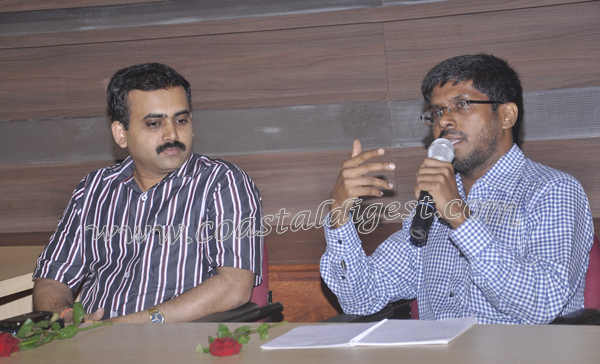
Mangalore, July 14: A. Narayana, Udayavani columnist and assistant professor of Azim Premji University Bangalore, on Saturday expressed deep anguish over increasing mediocrity in the media and said that nearly 70 per cent of the journalists presently working in different media organizations do not deserve to be in the field.
He was speaking at the “Madhyama Samvada” a sensitisatioin programme organized by the District Information Department for the district level officers of Dakshina Kannada here at the Zilla Pancahyat auditorium.
Listing out mediocrity, complacency and deadline as the three major factors playing a major role in the present day media, Prof. Narayana said in India journalism was the only field that did not call for any qualification, in-house training and accountability.
“Many of our crime reporters lack basic knowledge of law and hardly differentiate between a First Information Report and a B Report. There are reporters who do not even know the difference between the Indian Penal Code and Indian Criminal Procedure Code. It has become a challenge for the media houses to find skilled and efficient manpower,” he observed.
Stating that a gamut of factors were responsible for the final output of each newspaper or news channel, professor Narayana said the business or political interest was not the only factor that decided the choice of news or the way a certain news is reported or not reported. “A newspaper has to work within the deadline and many a times newspapers miss a news because of the time constraint. Major events like the death of former Prime Minister Rajiv Gandhi in bomb explosion get published in the next morning's newspaper even if the news broke late in the night. In such cases, the newspapers generally stop their printing and make room for the breaking news,” he said.
Shivaprasad T.R., chief news anchor of TV9, seconded the opinion of Professor Narayana and said that nearly 90 per cent of journalists compromised on their professional honesty by sharing dinner and drinks with the politicians and the officers.
“It is really sad that only 10 per cent of journalists still have some integrity and work with honesty,” he observed.
He said that the television media in India was still in infancy and it was but natural that the media suffered from a number of ailments. “It is like a baby learning to walk. It will falter every now and then. But eventually it will learn to walk,” he said.
Reacting to allegations of media crossing its limit in the absence of any regulatory mechanism, Mr. Shivaprasad said the National Broadcasting Association had been taking a number of initiatives to govern the functioning of the broadcast media and the viewers can now approach NBA if they have any grievance.
Speaking on the occasion Deputy Commissioner Channappa Gowda expressed regret over the glorifying of crime by the television media. “There has to be some self-regulation on the part of the TV media on scheduling shows related to crime. Why can't shows related to crime be telecast late in the night instead of airing them on primetime?” he asked.
K.N. Vijaya Prakash, Chief Executive Officer of Zilla Panchayat, called for introspection among the journalists and quoting Justice Markandeya Katju, he asked the journalists why the news of Aishwarya giving birth to a baby girl should take precedence over the news related to malnutrition deaths.
Deputy Commissione r of Police D. Dhamaiah, MCC Commissioner Harish Kumar, senior district administration officials and police officers participated in the programme.
Ronald Fernandes, chief of bureau Deccan Herald, Mangalore, also spoke. Rohini M., District Information Officer, compered the programme and proposed a vote of thanks.
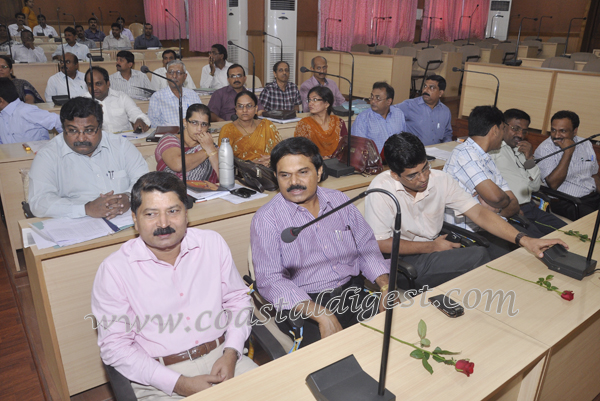
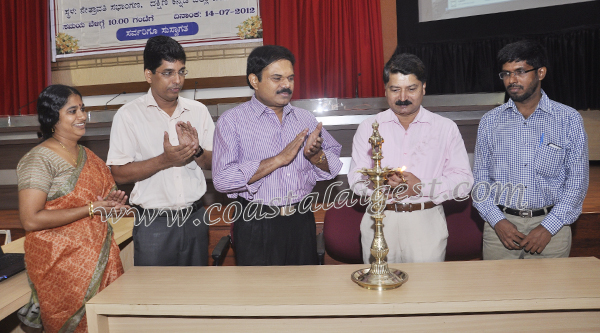
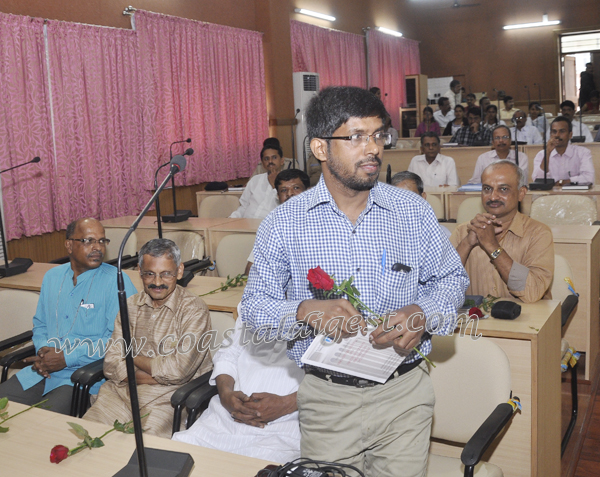
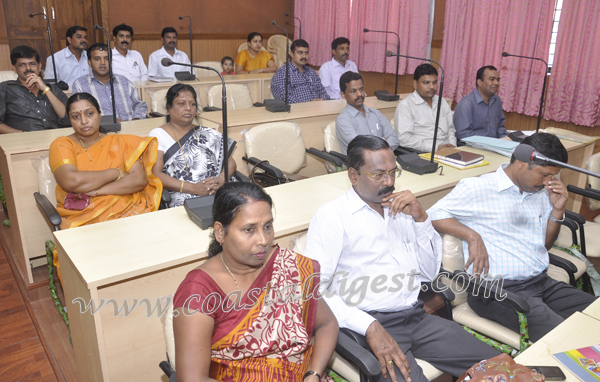
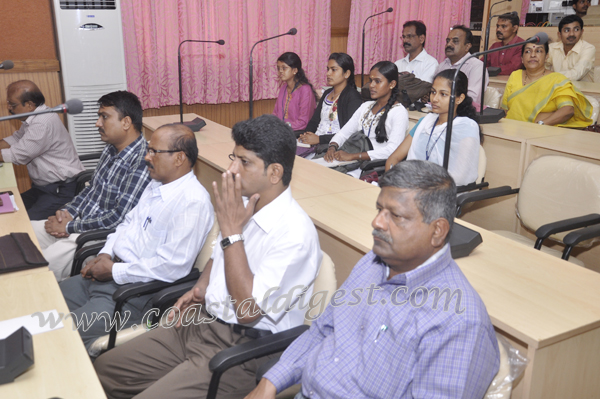
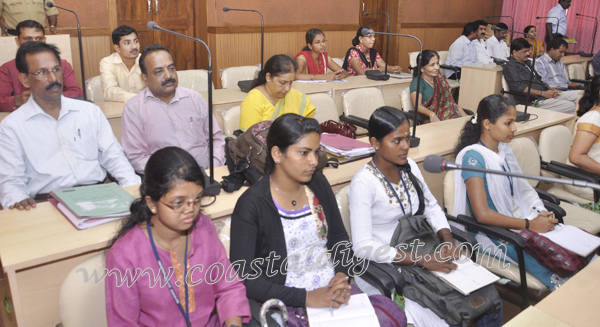






Comments
Add new comment